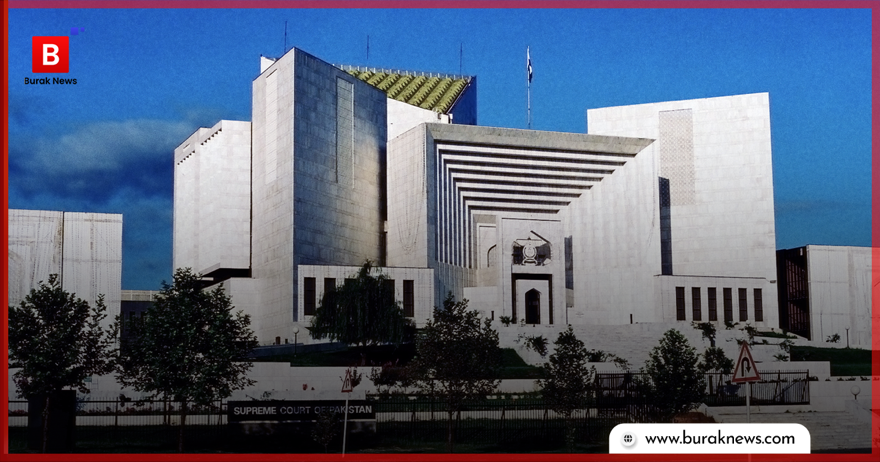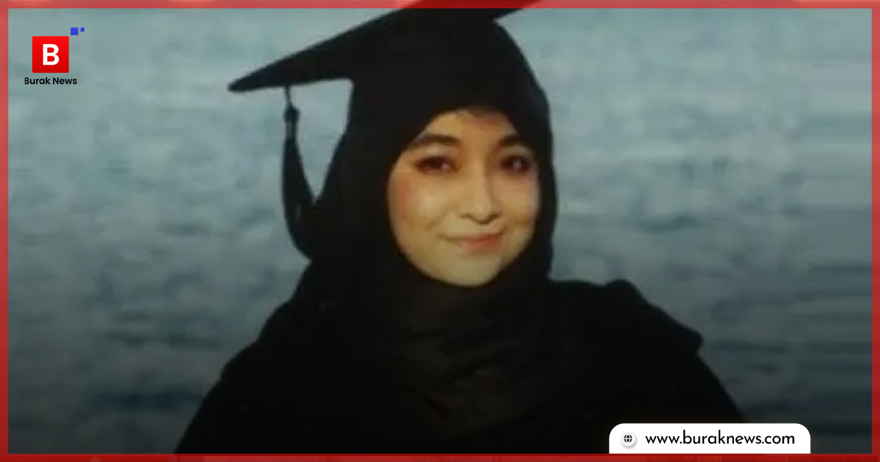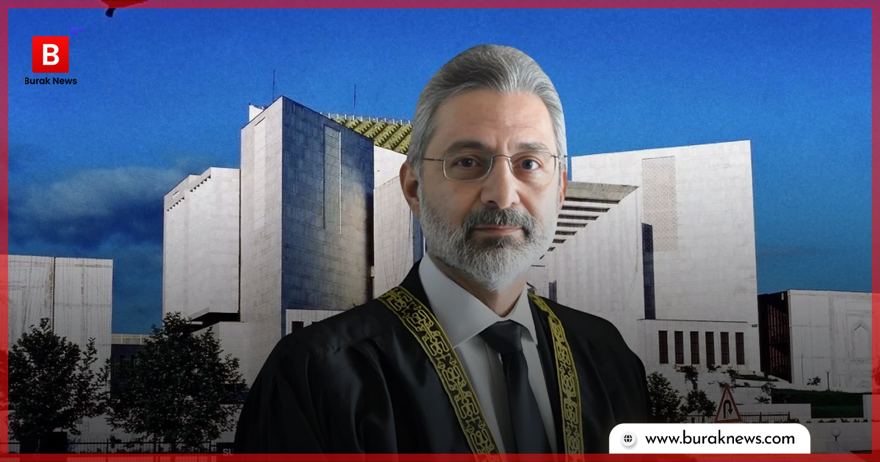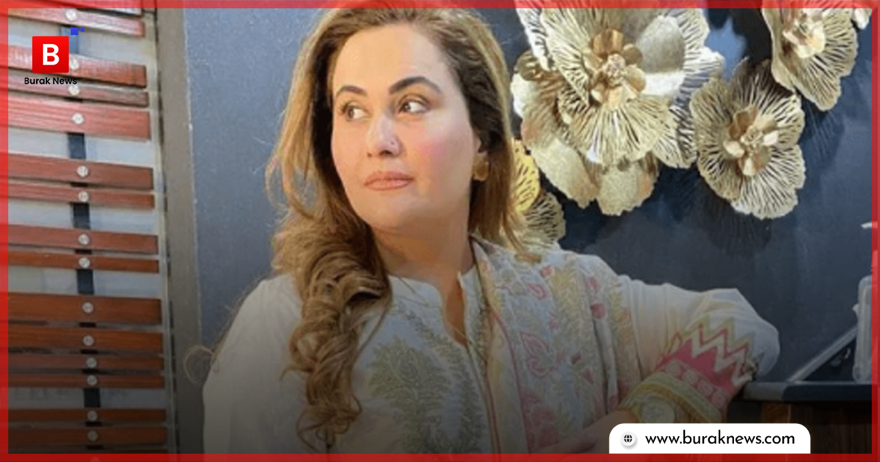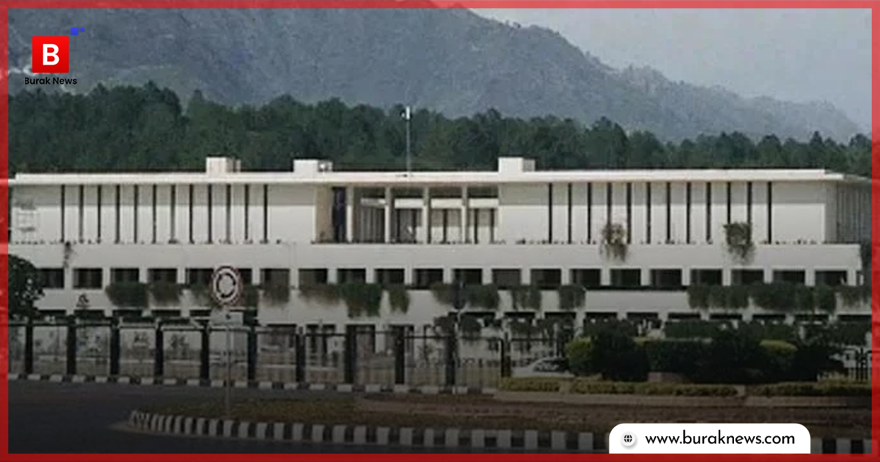Toshakhana 2.0: Court rejects Imran, Bushra’s bail pleas

On Monday, a court denied the bail requests of Pakistan Tehreek-e-Insaf (PTI) leader Imran Khan and his wife, former first lady Bushra Bibi, in connection with a new Toshakhana case. The couple has been accused of abusing their positions of power to unlawfully retain valuable state gifts.
The hearing was held within the confines of Adiala jail, where both Imran Khan and Bushra Bibi were in attendence. Special Judge Central, Shahrukh Arjumand, heard the case and ultimately rejected their bail requests.
The case was originally under the National Accountability Bureau (NAB) but was transferred to the Federal Investigation Agency (FIA) after the Supreme Court’s verdict, which reinstated amendments to anti-corruption laws.
Imran Khan, who has been in custody for almost a year, is already serving sentences in several other cases, including two related to Toshakhana, the cipher case, and the Iddat case, in which Bushra Bibi is also implicated.
The fresh Toshakhana reference emerged after NAB arrested the former prime minister and his wife, soon after they were acquitted by a district and sessions court in Islamabad in the Iddat case, also referred to as the “un-Islamic marriage” case.
During the hearing, the FIA prosecutor presented evidence that the couple had received an expensive Bulgari (Bvlgari) jewellery set from Saudi Arabia.
The prosecutor revealed that official records, obtained from the Ministry of Foreign Affairs, indicated that the jewellery, which included a necklace and earrings, was valued at Rs71.5 million. However, Imran Khan and Bushra Bibi reportedly had the set appraised at only Rs5.8 million by a private firm.
It was also argued that the couple failed to submit the jewellery to the Toshakhana reservior, a state department responsible for handling gifts received by public officials and foreign dignitaries.
The prosecution asked the court to reject their bail applications, emphasizing that the couple did not deposit the jewellery set in accordance with Toshakhana rules.
On the other hand, the defense, led by Barrister Salman Safdar, argued that the new case against the couple was a repetition of previous Toshakhana allegations and that it involved the same witnesses and approvers.
He also referred to the Supreme Court’s September 6 decision on NAB law amendments, arguing that this ruling should have put an end to the ongoing case against his clients.
After considering both sides’ arguments, the court reserved its decision before eventually ruling against the bail pleas.
